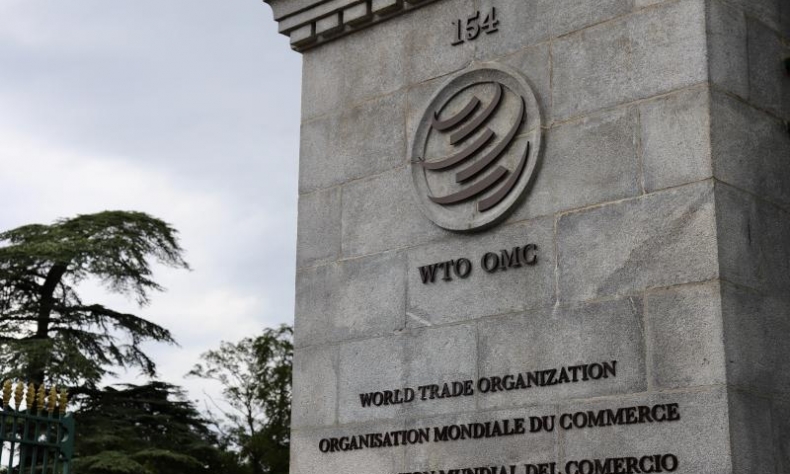
How Will the US React to WTO Panel Ruling?
Nevertheless, while the panel’s ruling is a setback for the United States, it is a victory for China, which will never stop working to safeguard its trade interests in a manner consistent with the WTO.
A panel of the World Trade Organization (WTO) recently ruled against the United States in its tariff dispute with China. The U.S. was determined to have violated rules and its own public commitment by unilaterally launching a Section 301 investigation and threatening punitive tariffs against China, which led up to the unprecedented trade war.
In accordance with WTO rules, no member is permitted to take unilateral measures to cancel tariff concessions or forfeit other obligations without the authorization of the Dispute Settlement Body — the WTO entity in charge of settling disagreements.
It is also clear that the United States ran counter to the U.S. president’s own Statement of Administrative Action endorsed by the Congress. Internationally, it has also gone against its commitment made in the General Agreement on Tariffs and Trade (GATT) treaty with the European Community in 1998. Specifically, it is not allowed to take unilateral action based on its own judgment that another member has violated WTO rules.
The findings, which clearly undermine the legitimacy of the U.S.-led trade war, delivered a blow to those in the United States that wish to see a worsening of U.S.-China relations, and even a decoupling of the two nations.
The United States has three options. First, to accept the ruling merely by refraining from lodging an appeal. Given that the Trump administration has consistently blamed the WTO for failure to treat the United States with “fairness and justice,” accepting the ruling would require swallowing a bitter pill, and therefore looks extremely unlikely.
Second, it could appeal against the ruling. From a legal perspective, unfortunately, the ruling does not mean as much as it appears. According to the WTO’s Disputes Settlement Understanding, panel rulings are not final. Disputants have 60 days to lodge an appeal to the Appellate Body if they are dissatisfied with a ruling. From a purely legal point of view, ironically, the Appellate Body — which has been at an impasse due to the U.S. blocking the appointment of judges — is still alive as an in-built body of the WTO although it remains in limbo. In this context, the U.S. may choose to lodge an appeal. Since the current Appellate Body will never be able to form a collegiate bench of three judges to hear the dispute, the appeal itself will leave the dispute pending indefinitely unless the Appellate Body were to be resumed after appointing more judges. Therefore, should the U.S. choose to appeal against the ruling, there will not be an opportunity for a final verdict and it will be unlikely that the case will reach the stage of implementation.
Third, the U.S. could ignore the panel’s ruling. As the United States Trade Representative (USTR) has been used to dismiss the WTO for failing to deliver fairness and justice to the U.S., the United States may choose to simply ignore the verdict. In recent times, the U.S. has threatened to withdraw from the WTO on numerous occasions. As the USTR considers the ruling to be unfair, the decision has given those who advocate quitting the WTO an extra incentive. If the U.S. were to finally leave, it could surely opt to ignore the panel’s ruling.
Nevertheless, while the panel’s ruling is a setback for the United States, it is a victory for China, which will never stop working to safeguard its trade interests in a manner consistent with the WTO.
Professor Kong Qingjiang is Dean of the School of International Law, China University of Political Science and Law.
 Facebook
Facebook
 Twitter
Twitter
 Linkedin
Linkedin
 Google +
Google +










